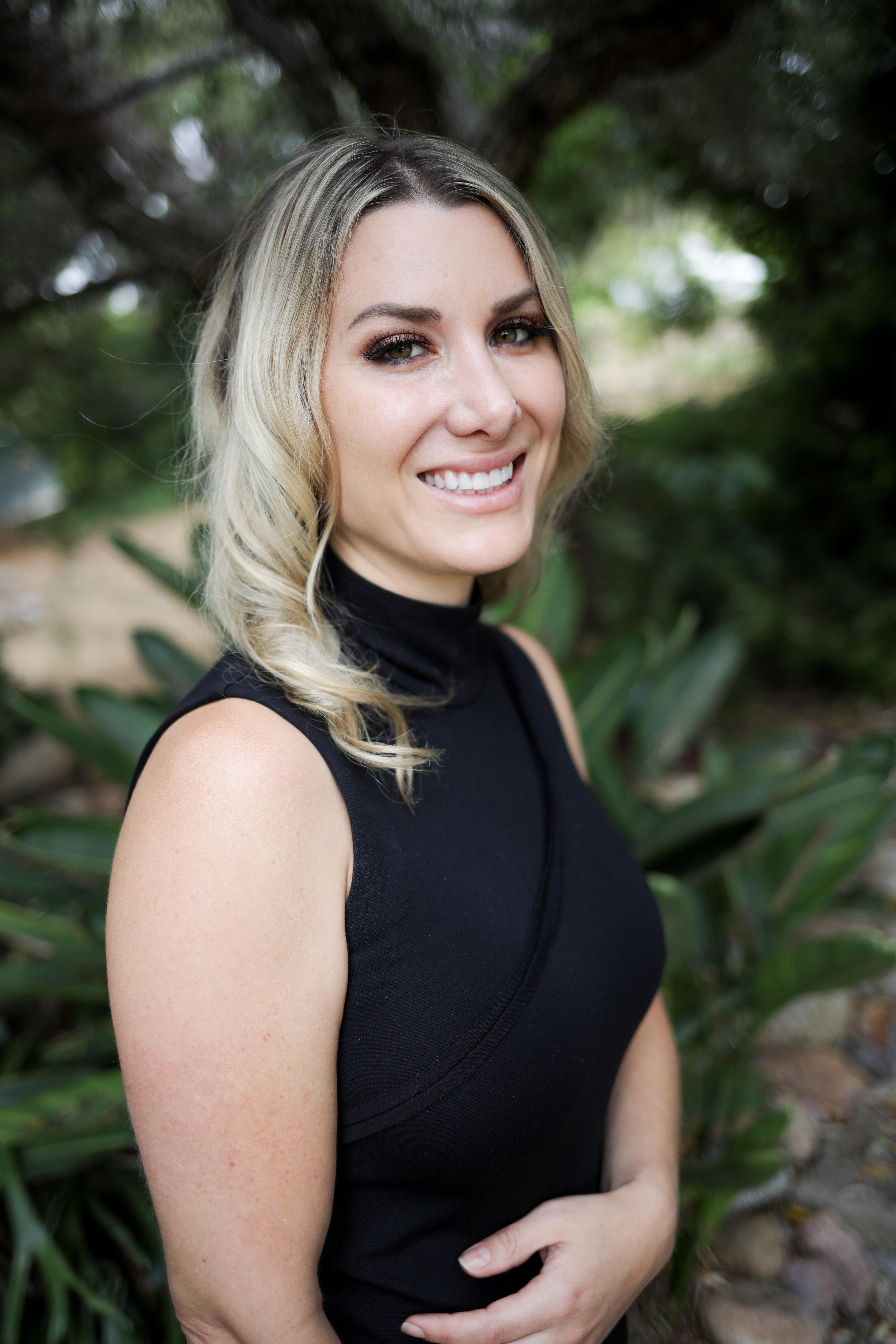Symposia
Treatment - Other
3 - (SYM 37) Initial Implementation Findings from the First Open Pilot Trial of Mdma-assisted Conjoint Therapy for PTSD in the VA Healthcare System
- LM
Leslie Morland, PsyD (she/her/hers)
Professor
San Diego VA
La Jolla, California, United States - LM
Leslie Morland, PsyD (she/her/hers)
Professor
San Diego VA
La Jolla, California, United States - KK
Kayla Knopp, Ph.D. (she/her/hers)
Research Psychologist
VA San Diego Healthcare System/University of California, San Diego
San Diego, California, United States - DP
Dimitri Perivoliotis, PhD (he/him/his)
Staff Psychologist
VA San Diego Healthcare System/UCSD
San Diego, California, United States 
Chandra E. Khalifian, Ph.D. (she/her/hers)
Research Psychologist
VA San Diego Healthcare System
San Deigo, California, United States- WT
Wachsman Tamara, B.A. (she/her/hers)
Project Coordinator
VA San Diego Healthcare System
San Diego, California, United States - CB
Chargin Bette, B.A. (she/her/hers)
Research Assistant
VA San Diego Healthcare System
San Diego, California, United States - AB
Andrew Bismark, PhD (he/him/his)
Staff Psychologist
VA San Diego Healthcare System
San Diego, California, United States - DR
Dhakshin Ramanathan, MD (he/him/his)
Staff Psychiatrist
VA San Diego Healthcare System/UCSD
San Diego, California, United States - AW
Anne C. Wagner, Ph.D.
Founder
Remedy + Remedy Institute
Toronto, Ontario, Canada - CS
Chris Stauffer, MD (he/him/his)
Physician
VA Portland Medical Center
Portland, Oregon, United States .jpg)
Shirley Glynn, Ph.D. (she/her/hers)
Research Psychologist
VA/UCLA
Los Angeles, California, United States- AA
Al Alam, MD (he/him/his)
Staff Psychiatrist
VA San Diego Healthcare System
San Diego, Colorado, United States
Speaker(s)
Co-author(s)
Cognitive-behavioral conjoint therapy for PTSD (CBCT) and its brief version (bCBCT) are effective approaches to treating PTSD that leverage veterans’ intimate relationships to enhance recovery, and are in widespread use across the Veterans Affairs (VA) Healthcare System. MDMA (3,4-methylenedioxymethamphetamine)-assisted therapy is also emerging as a breakthrough treatment for PTSD. Given MDMA’s empathogenic properties, it may be a particularly good fit for couple-based PTSD treatments. One pilot study of MDMA-assisted CBCT in the community found large impacts on PTSD and relationship functioning, and follow-up clinical trials are underway. The current study is the first pilot of MDMA-assisted bCBCT in the VA. In addition to evaluating preliminary efficacy with VA-enrolled veterans, this study addresses implementation questions and challenges unique to this healthcare system and population, including using a single- rather than dual-dosing medicine model, creating flexibility for intensive treatment within a managed care system, and recruitment and eligibility within a medically complex population. This talk will present data on recruitment, feasibility, and implementation from the first several couples enrolled in this open pilot trial, including qualitative feedback from participants; two couples have been enrolled at the time of this submission, with an additional five expected by the time of the conference. Initial findings show a low rate of conversion from referral to enrollment, with the most common reasons for exclusion being inability to commit to the time requirement, not meeting rigorous medical inclusion criteria, and relationship characteristics (e.g., presence of IPV, insufficient commitment). Among patients enrolled in the study, frequent challenges included scheduling inflexibility, high life stress, and stigma or legal concern about psychedelic use. At the same time, participants expressed a high level of approval of the treatment, including a desire for more veterans to be able to access the powerful healing opportunity. Clinical providers in the study expressed strong favorability of this treatment relative to standard outpatient PTSD care. The benefits and challenges of including partners in the intervention despite being unable to provide MDMA to non-veteran partners will be discussed. Finally, this talk will address the regulatory processes required to implement this study within the VA San Diego healthcare system, identifying barriers to future scalable implementation and needed solutions.

.png)
